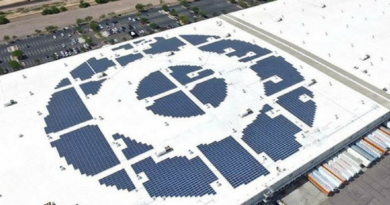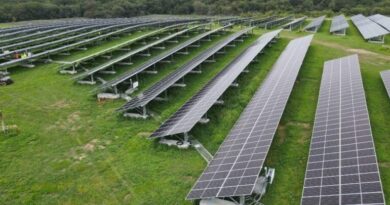Report finds LMI people of color are more likely to support smart energy technologies
A new paper from the Smart Energy Consumer Collaborative (SECC) found that low- and moderate-income (LMI) consumers who identify as Black and people of color are significantly more likely to support initiatives that address climate change and are more interested in smart energy technologies than white households in the same income brackets.
SECC’s “Racial Disparities Among Lower-Income Energy Consumers” white paper was developed from a national online survey of 1,000 Americans with incomes under $50,000 annually. The survey asked respondents how and when they engage with their electricity providers; how interested they are in smart energy technologies (e.g., community solar, smart thermostats, smart appliances); where they typically receive information on saving electricity; what they think about climate change and the environment; how the COVID-19 pandemic has impacted their households and more.
The paper found that while lower-income Black consumers and people of color often have greater financial and household struggles, particularly during the COVID-19 pandemic, these consumers are much more likely to be concerned with climate change and the environment. Consumers who are Black and people of color are more likely to:
- Say the government should invest in renewable energy (88% and 86% vs. 79%).
- Vote for representatives based on their environmental concerns (74% and 72% vs. 49%).
- Want electricity from clean sources (88% and 86% vs. 74%).
- And worry about the health effects of pollution (91% and 86% vs. 83%).
In addition, lower-income consumers who are Black and people of color are more interested than lower-income white consumers in all eight of the smart energy technologies tested. For example, 39% of Black consumers and 36% of people of color are very interested in smart thermostats compared to 21% of white consumers, and 38% of Black consumers and 34% of people of color are very interested in community solar compared to 25% of white consumers. However, consumers who are Black and people of color are also more likely to cite financial barriers for accessing these technologies.
The “Racial Disparities Among Lower-Income Energy Consumers” white paper can be downloaded here, and the key findings will be presented during a one-hour webinar with the research team on Thursday, Feb. 18 at 1 p.m. ET.
News item from the Smart Energy Consumer Collaborative
You may also like:
<!–
–>
Original Source: https://www.solarpowerworldonline.com/2021/02/report-finds-lmi-people-of-color-support-smart-energy-technologies/














